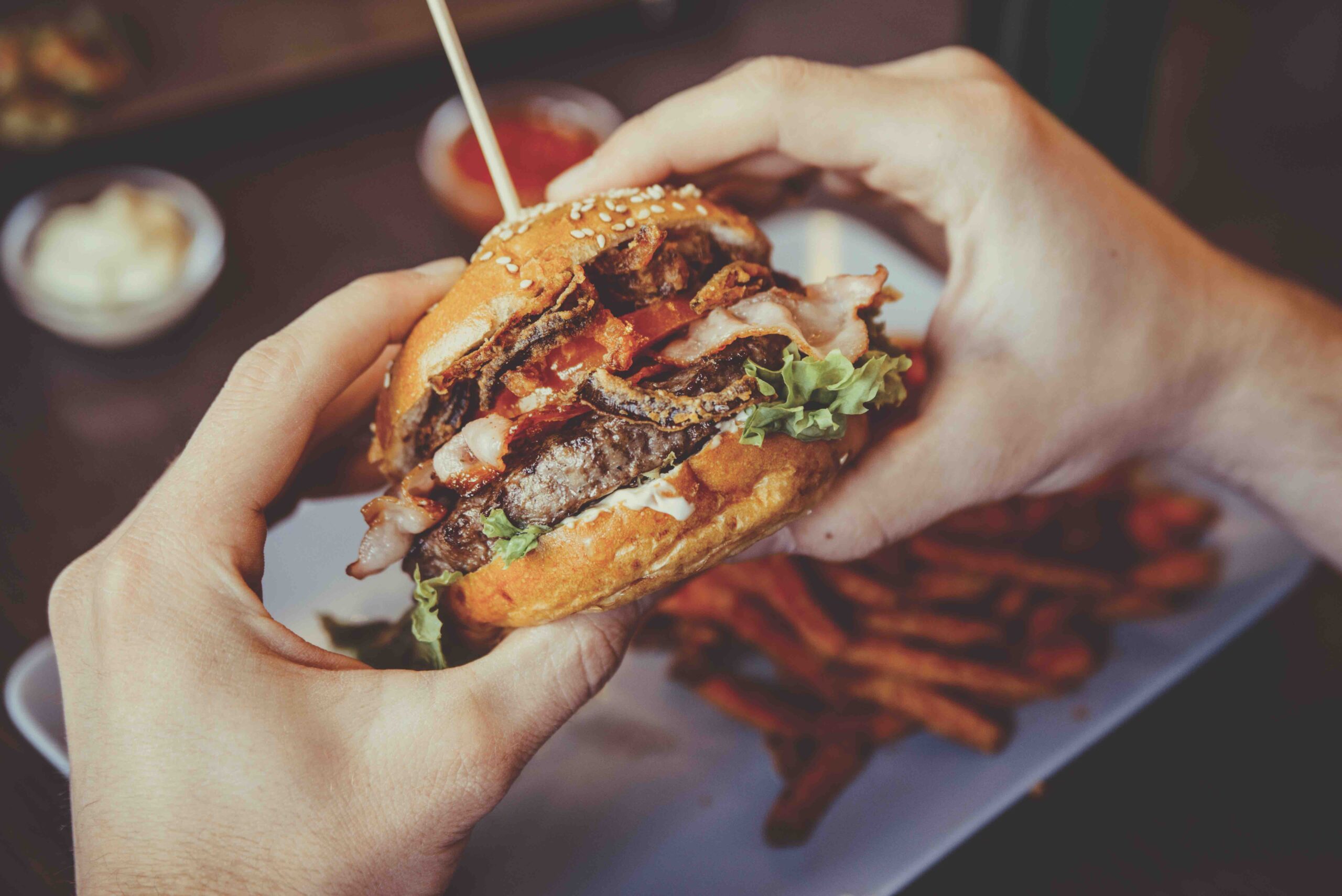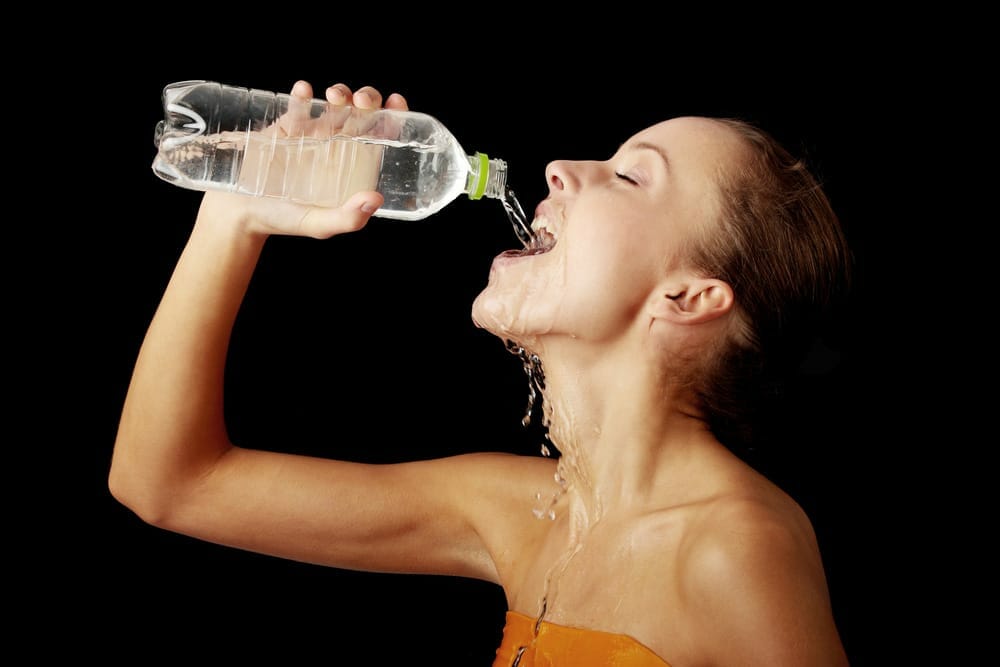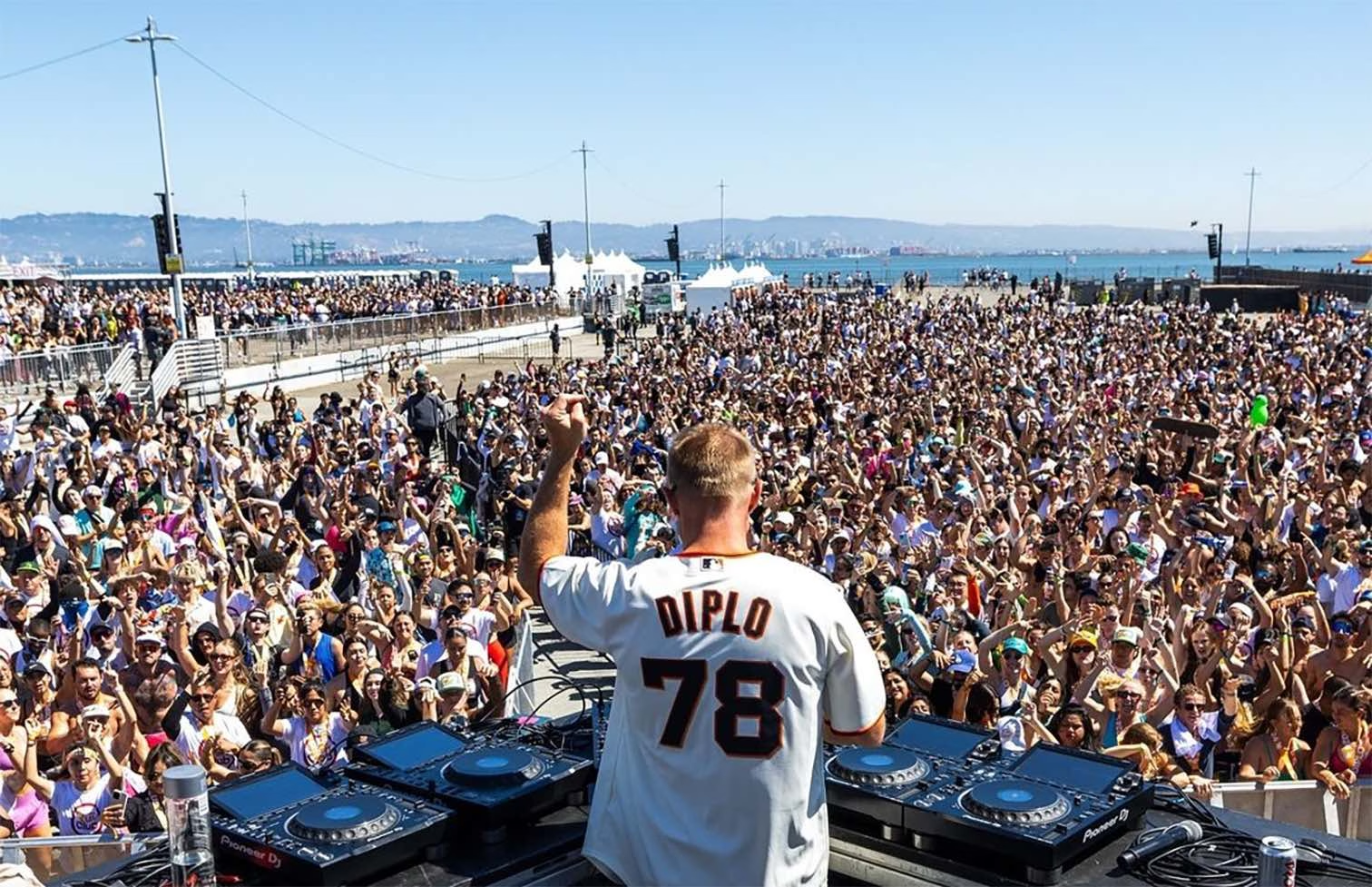01. There is one ‘Perfect’ ancient diet
It’s unspoken, but enduring: the idea that, if science could just decide on whether you should start eating like an Eskimo/caveman/Viking/Cretan villager (delete depending on whatever’s most fashionable) you’d melt fat, slash your risk of heart disease and live to 110. And so would everyone else.
Is there any truth to it?
Well, there are common threads between demographics that live longer lives. The most researched are populations that live in “Blue Zones” — including Okinawa, Sardinia and Costa Rica’s Nicoya peninsula — where longevity is high and dementia rates are rock-bottom. The groups eat different foods according to their cultures, but they all keep it varied and plant-based. But there’s a caveat: the researchers also point to the fact that all the Blue Zone cultures emphasise family, social ties and stress reduction, which is at least as important as diet.
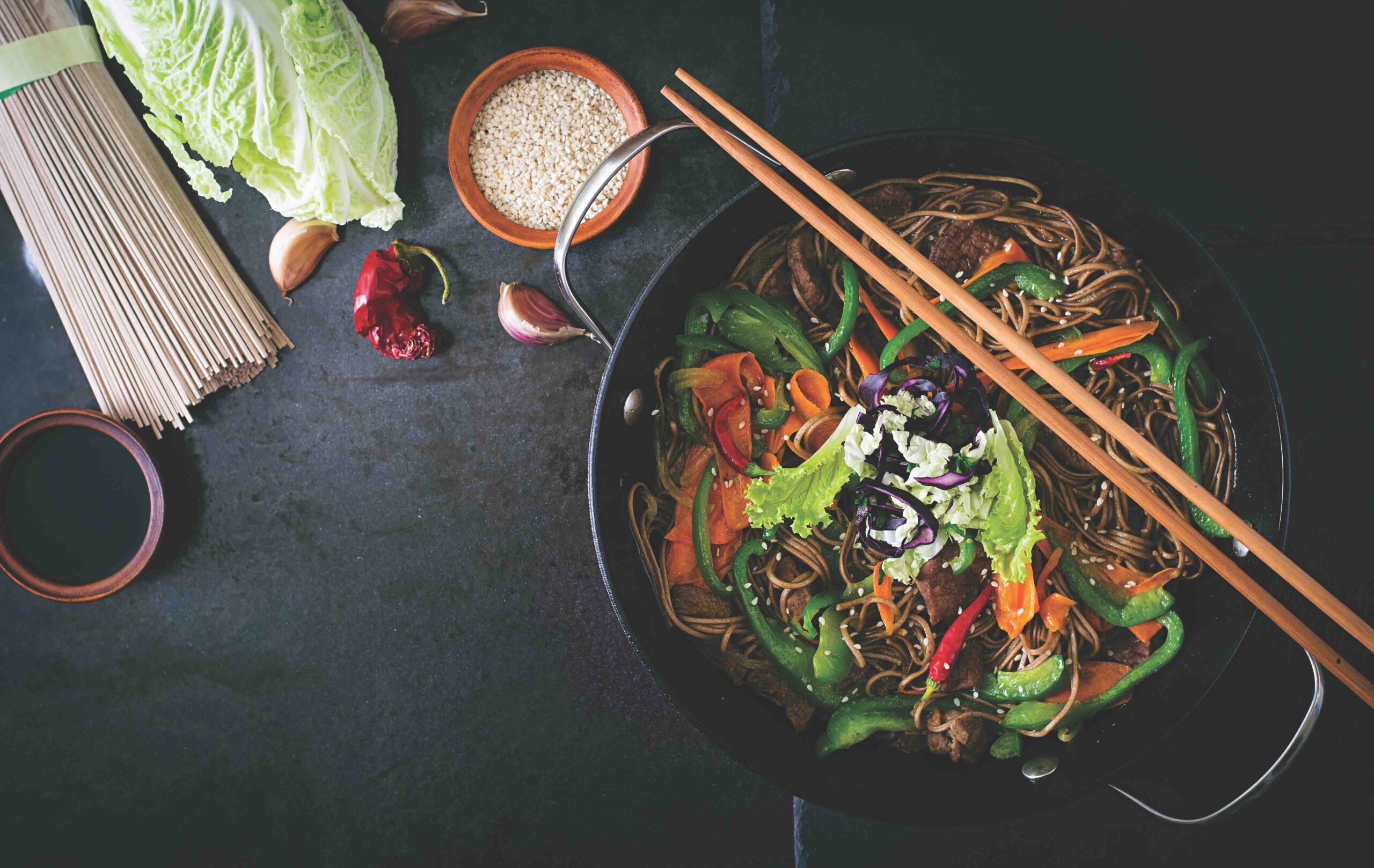
The reality
Whatever your friendly local Paleo-lover tells you, there are documented differences between demographics that mean what suits one group won’t work for another. Lactose intolerance, for instance, tends to be lower in northern European countries, where drinking milk without being ill would have provided huge benefits as little as 6,000 years ago. And you’re right to treat anyone touting their protein-only Inuit Diet with caution: a 2015 study suggests that Greenlanders have genetic adaptations that make it suitable for them.
The expert view
“Natural diets that are based on geography and landscape work in situ,” says nutritionist Yolanda Hinchcliffe. “Inuits eat a certain way that allows them to thrive in their surroundings. That doesn’t mean the same diet would help you thrive in, say, Sydney.” The big lessons: eat mostly plants, try to stay stress-free — and give your mum a call.
02. All calories are equal
You know this isn’t true, but every so often, a man comes along who’s reshaped his body using nothing but Subway sandwiches, pizza or Freddos. A related, but slightly more complex idea is the “If It Fits Your Macros” diet: the idea being that, if you get your daily allowances of fat, protein and carbs right, everything else is fair game.
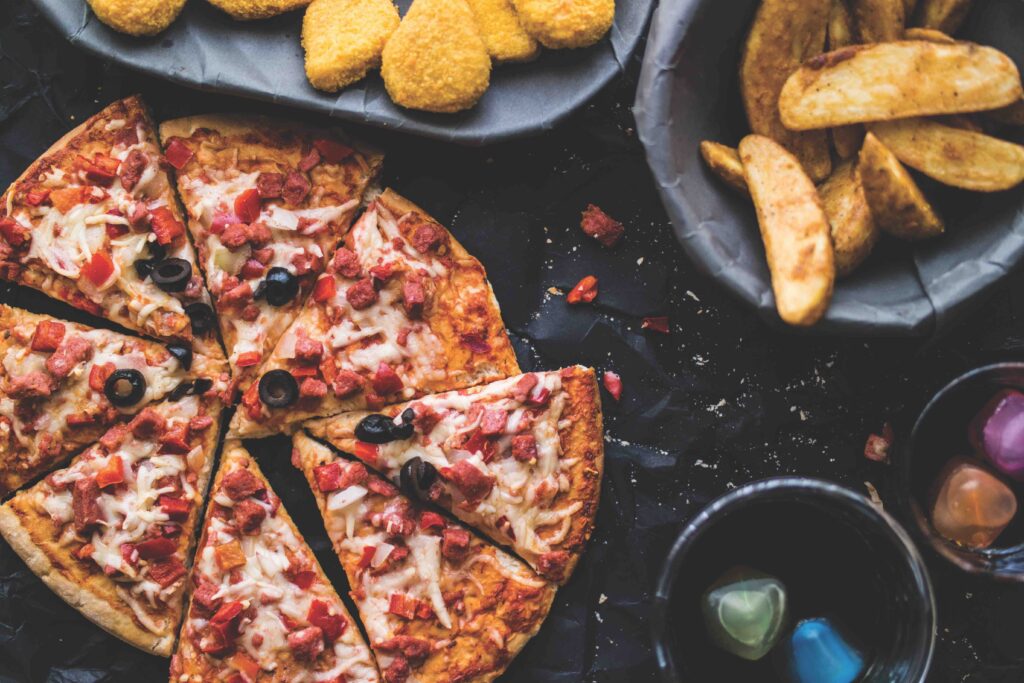
Is there any truth to it?
It’s possible to drop weight by restricting calories in whatever you eat, and it’s even more true that you can get ripped eating a tub of Ben & Jerry’s a day if you do your sums right. But if losing weight in the short term is less important than doing it sustainably, and being ripped isn’t as important as not having a heart attack in your 40s, you should reconsider. There’s evidence that short-term calorie restriction can near-permanently mess up your metabolism and interfere with your body’s production of hunger-regulating hormone ghrelin.
The reality
Nutrition is still an imperfectly understood science, with more and more elements being better evaluated every year. Phytonutrients from plants, for instance, are now seen as hugely important, while the role of gut microbes is being given more and more importance. But those in the know agree you can look great on a diet that’s playing havoc with your insides. For long-term health though, focusing on calories alone won’t cut it.
The expert view
“Aim to eat nutrient-dense food,” says Hinchcliffe. “That is food that delivers maximum nutritional content per calorie. What your body gets from a pumpkin latte is not the same as what your body gets from eggs on rye toast, even if the calories are equal. And there’s more to it than just calories alone.”
03. Cheat days will help you burn fat faster
If you’re dieting, the theory goes, spiking your calories once a week will cause a cascade of hormonal changes that are beneficial to fat loss, including causing an uptick in “fullness hormone” leptin. So that doughnut isn’t just a break from your diet — it’s helping you to lose fat.
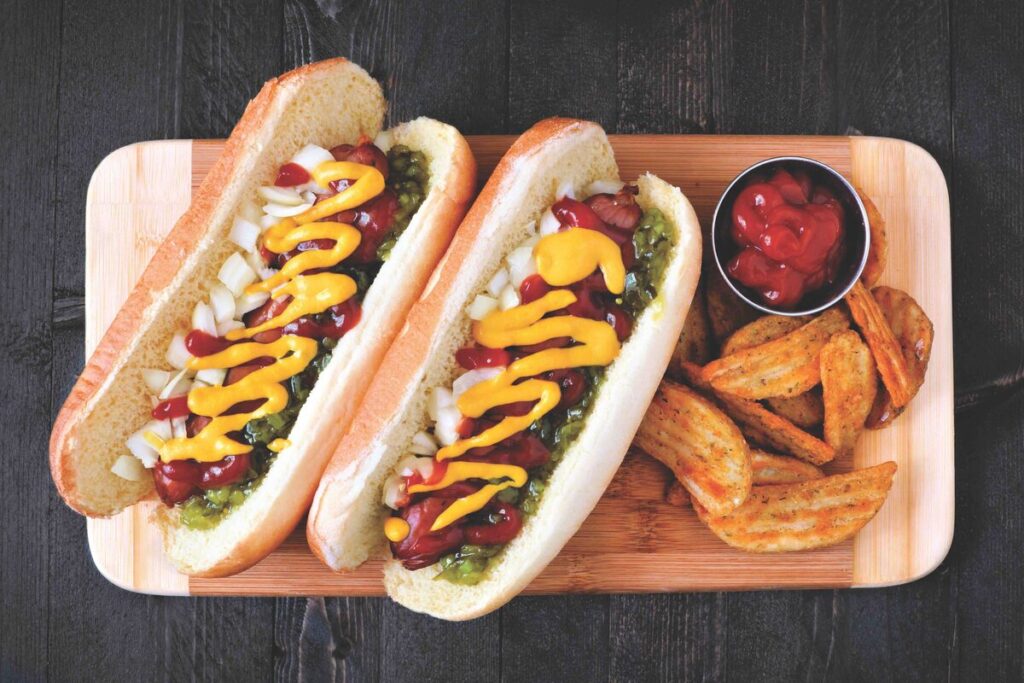
Is there any truth to it?
Maybe if you’re already very lean, or training in a severely calorie-restricted state. Some coaches prefer to call cheat days “re-feeds” or “spike days”, where they suggest extra carbs as a way to promote muscle growth — and if your body fat is under 10%, there’s some evidence that cheat meals will actually keep your metabolism ticking over. If you’re just eating relatively healthily all the time, though, there’s no physiological need for a biscuit-and-booze binge.
The reality
For most people, cheating is more valuable as a psychological tool than a physical one. Studies suggest that “never again” thinking when it comes to food is more likely to cause relapses than a “not now, but later” attitude. That means if you’re desperate for a triple-decker cheeseburger, scribble it down on a bit of paper marked “cheat day” and you’re less likely to break down and binge. Also, does it really need to be a full day? “I tend to have one or two planned cheat meals a week,” says body composition expert Nate Miyaki. “The rules are, when you get up from the table, you throw away all the bad stuff and the cheat time’s over.” It’s better than an all-day licence.
The expert view
“There are solid arguments for including cheat days in your diet,” says Hinchcliffe. “But there are also arguments that your diet should be such that you don’t need them.” The ultimate goal is to get to a point where you don’t even crave the bad stuff.
04. High-protein diets are bad
This one’s slowly being killed as supermarkets put protein bars by the counter, but for the man who brings multiple Tupperware boxes of chicken breast to work, the supposed dangers still get trotted out: kidney damage, liver damage, heart disease and osteoporosis are among the issues blamed on high protein intakes.
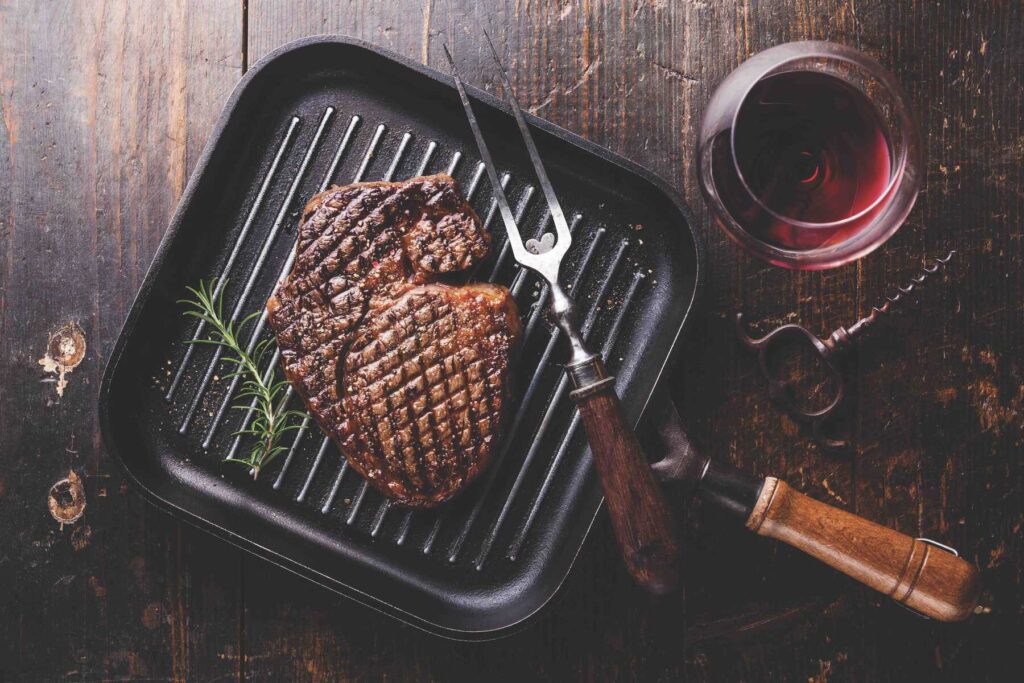
Is there any truth to it?
The kidney myth is the most prevalent, and there’s a reason for that. “High-protein diets can change the filtration rate of your kidneys,” says Hinchcliffe. “You can see that as stress to them, or it could be seen as your kidneys increasing their function based on demand.”
The reality
One study on lifters with protein intakes of 2.8g/kg of body weight per day showed no significant differences in kidney function from athletes on a more moderate intake. Several other studies have found positive connections between protein intake and bone mineral density, and there’s evidence that replacing some carbs with protein might decrease the risk of heart disease by improving your levels of “good” HDL cholesterol. One disclaimer: if more than a couple of your weekly protein feeds are from processed red meat, the WHO wants you to know you’re increasing your cancer risk.
The expert view
“For most people, a high-protein diet isn’t harmful at all,” says nutritionist Shona Wilkinson. “If you have any form of kidney health condition, your body may struggle to eliminate the waste products from protein metabolism, but even then it’s only with fairly high intakes. Remember, though, that you should aim to get protein from a variety of sources — not just red meat, but eggs and plants too.”
05. If it’s healthy, eat as much as you like
Sometimes hinted at by diet plans, sometimes just stated outright: if you’re sticking to the good stuff, there’s no reason to limit how much you eat. Fancy an all-day kale bender? A family bucket of sweet potato chips? Go nuts.
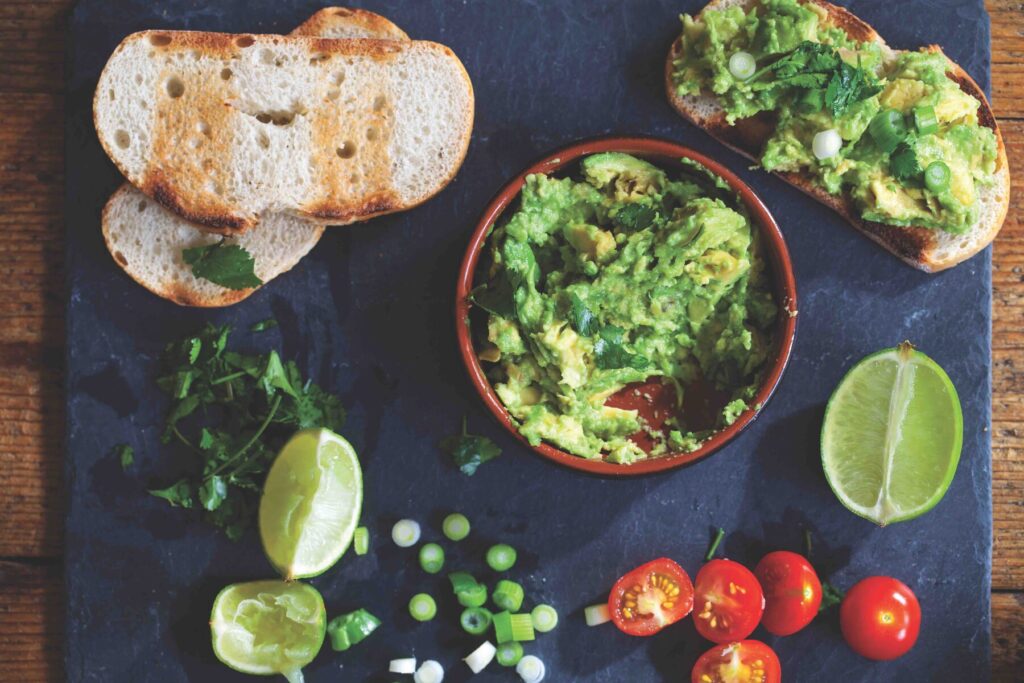
Is there any truth to it?
Generally, it’s indeed harder to overeat non-processed, plant- and animal-based foodstuffs than the goodies in the biscuit aisle. For one thing, volume is key – which means that, for instance, you’d need to eat about a metre’s worth of raw sugar cane to get the same sugar hit you get from a can of Coke. Secondly, processed foods are designed to be easily overeaten, with their salt, sugar and fat ratios calculated to hit what food scientists call the “bliss point” that encourages binges. As microbiome expert Dr Christina Warinner puts it: “By decoupling the whole food from the nutrients inside it, we trick our bodies and override the mechanisms that we’ve evolved to signal fullness.” That’s why nobody cracks open the fridge and then finds themselves surrounded by broccoli stalks an hour later.
The reality
However healthy your diet too much is still too much. Recent studies on fasting suggest there’s some benefit to being in a mild calorie deficit more often than not. Also, it’s still possible to overdo the calories with healthy foods — get through 100g of Brazil nuts and you’ve eaten 656 calories, about a quarter of your daily requirement.
The expert view
“You can certainly eat as much as you want of some healthy foods like dark green leafy vegetables – they’re almost impossible to overeat,” says Hinchcliffe. “But if you start eating too much avocado or oily fish, it could cause a problem.” Keep it varied, and stop when you’re full.
